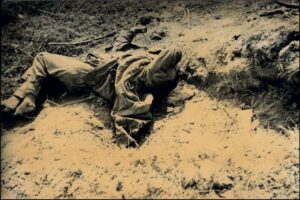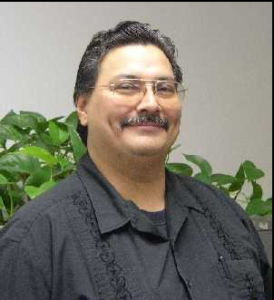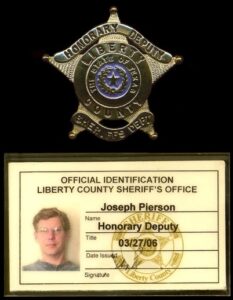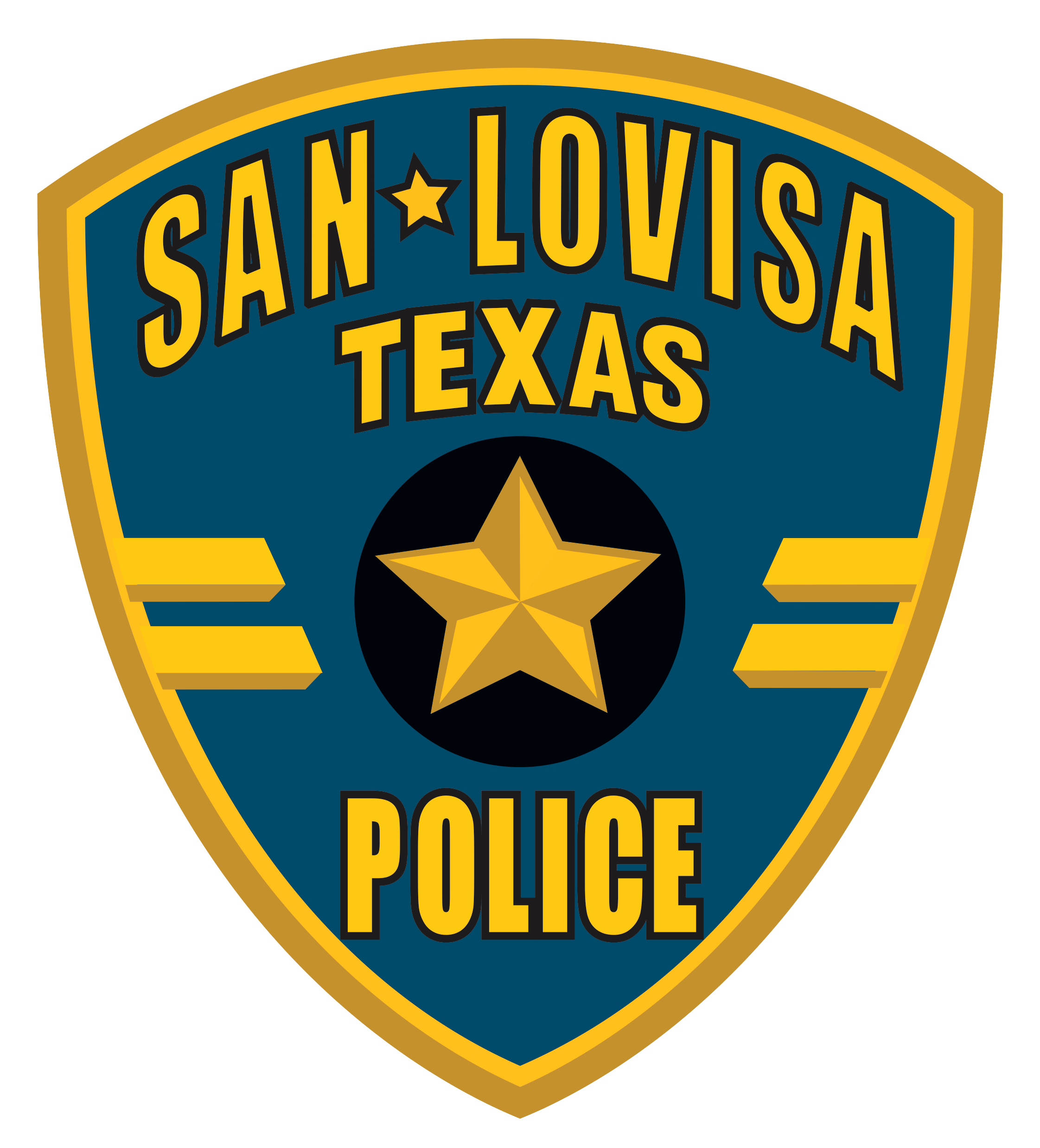
I see them all the time photo purchased on RussianPhoto.com
Things are slowing down here in New York City as summer hunkers down for the long haul. Aside from the occasional disgruntled divorcee blowing up a townhouse now and again, it’s pretty quiet.
We are pleased that our own Lovisa has begun preproduction on Buster, her indie feature film, starring the incomparable Cosmo and the lovely and talented Sandra Andreis in the lead roles. Lovisa is shooting on super 8mm film that she is developing herself. Extremely cool.
Today, I am honored once again to include a guest entry from Frank Longoria, a Patrol Deputy in the Liberty County Texas Sheriff’s Office who has written for the EvenHand site a couple of times before (see links to his earlier stories below).
EPIPHANY
By Frank Longoria
He had seen his fair share of tragedy in the fourteen years he had been in law enforcement. When he had started the academy, he was full of ideals and altruism; he was going to single-handedly make the world a better place. A modern-day knight-errant, rescuing damsels in distress, protecting the downtrodden; he had pictured himself in front of large crowds, accepting the accolades of a grateful citizenry. He had several heroic fantasy scenarios, and as such, could never really settle on a favorite, as they only cluttered the bottom line, which was adulation from the citizens of his imaginary city. He was a 20th century superhero; indeed, he had always considered that he looked quite dashing in a cape.
That was while in the academy and his first three or four years on the street; by his fifth year, he had developed the hard outer shell that all cops acquire, or at least the ones that have made being a cop a career, do. He was becoming more cynical by the day, expecting the worst in people and seldom disappointed, as people continued to find new ways to meet his lowered expectations.
He was often asked, “What do you do as a cop?” a question which he had answered with the usual platitudes. Until one day, when he was having a conversation with a police explorer, who, fresh-faced and gung ho, had evoked a bit of his younger days, back to the time when he still believed. Faced with the question again for the thousandth time, he actually paused to consider it, and after a few moments, finally came up with an answer; what did he do as a cop? HE LOOKED AT DEAD PEOPLE.
The more he thought about it, the more the answer fit; he saw dead people when he responded to car accidents, he saw dead people who died naturally, he saw dead people who died unnaturally, and he saw dead people who were dead people because they wanted to be dead people. He saw dead people who were dead people because someone else had made them dead people, he saw dead people who hadn’t expected to be dead people, yet there they were: dead.
It was an epiphany for him; he was the documenter of the dead. His role was to go to where the dead person was, photograph the dead person, find out what or who killed the dead person, and then write a report about the dead person. He was an inverted biographer; instead of chronicling their life story, he wrote their death story.
This was not to say that all he did was look at dead people. He had his other “routine” duties, taking offense reports, arresting suspects for sundry violations of the Texas Penal Code, answering prowler calls and chasing away the “bogeyman” in the middle of the night for frightened, lonely persons. He was also supposed to referee domestic disputes between two people who hated each other, to wave a magic wand and make everything better, when the truth was, he was having troubles of his own at home. Ironically, the trouble he was having at home stemmed from the tribulations he dealt with at work; he had become desensitized by all the calls he had answered over his fourteen year career.
He still loved what he was doing, but he was just burned out; the same calls over and over were enough to put him in a state of stagnation. He still got a kick out of finding bad guys, but working traffic was his preferred method of finding them, and he just never seemed to have the time due to the call volume in his district.
But it all came back to the same thing; dead people. He didn’t know if this was a metaphor for where he felt his career was, at this point, or simply the reality of the job.
He had seen a lot of cops come and go, and the telling moment for the majority had been when they saw their first dead body. The natural causes DOAs were not so bad because they could be rationalized; i.e., “they were sick, they were old”, no problem. It was the unnatural causes DOAs that separated the wheat from the chaff.
The worst case he had ever seen was the two guys who had been run over by a train. He hadn’t been at the actual scene, but, instead, had been delegated to go to the funeral home and catalog the victims’ identifying marks, as they were John Does at that point. The body bag had seemed remarkably unfilled. Without fanfare or emotion, the funeral home employee unzipped the bag and he would never forget the first thing he saw, an eyeball sitting on the chest of what appeared to be just the torso of a person. At that moment he understood what is meant by the term “human remains,” because that was exactly what they were, remains. The legs had been amputated at the knees, and the skull had been shattered and emptied of its contents, making the face appear like a rubber mask. The coppery smell of blood is a distinctive odor, which once having been experienced, is never forgotten.
In retrospect, his original reasons in becoming a cop now seemed like mere sophistry; there was no grateful citizenry, no adulating crowds, and certainly no grateful damsels in distress. He had come to the realization that he was no superhero, and that the closest he had come to a cape was the ubiquitous white sheet used to cover those unfortunates who fell into his purview.
When he was younger, he had feared that he would become inundated with memories of the dead, but this had proven groundless. The dead had no voices; there were no faces that haunted him or images that were seared into his brain; he had become inured to any “ghosts”, they held no sway over either his sleeping or waking moments. He looked at dead people, but after so many years, he no longer saw them.
Copyright © 2006 Frank Longoria, All Rights Reserved – reprinted by permission

To enjoy more of Frank’s writing, please read THE THEFT, Frank’s first story posted on the EvenHand site, and INFANTE, his second story published here.
I am also very pleased to say that Greg Arthur, the Sheriff of Liberty County, Texas, has made me an honorary Deputy Sheriff. Now I just have to get myself down to Liberty County to say “Thanks” in person. September is looking good…

* * * * * * * * * *
Don’t forget to visit the EvenHand Store. We offer EvenHand posters, T-shirts and SLPD shoulder patches, as well as the popular “FAT COP” tank top. There is some lively trading going on in the SLPD shoulder patch department, so if you have a police patch you’re interested in trading, please visit the EvenHand store or send an email.
In other news, Harrison Bergeron, our & Alliance Atlantis’ adaptation of the Kurt Vonnegut, Jr. short story, has begun its journey to DVD. Based on the Harrison Bergeron message boards on IMDb, there is considerable interest in the film going back into print. Please check the Cypress site for updates.
– Joseph Pierson


